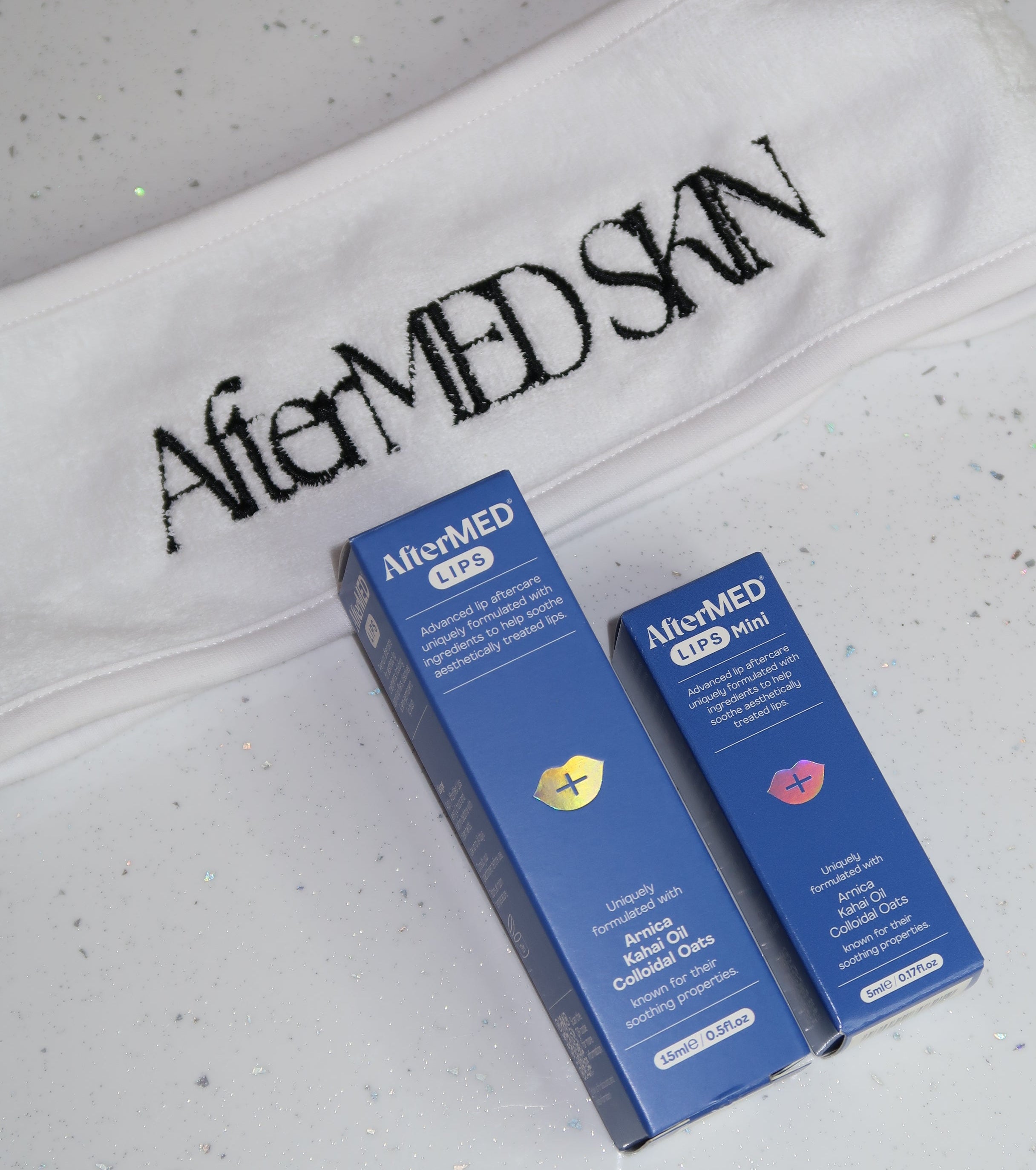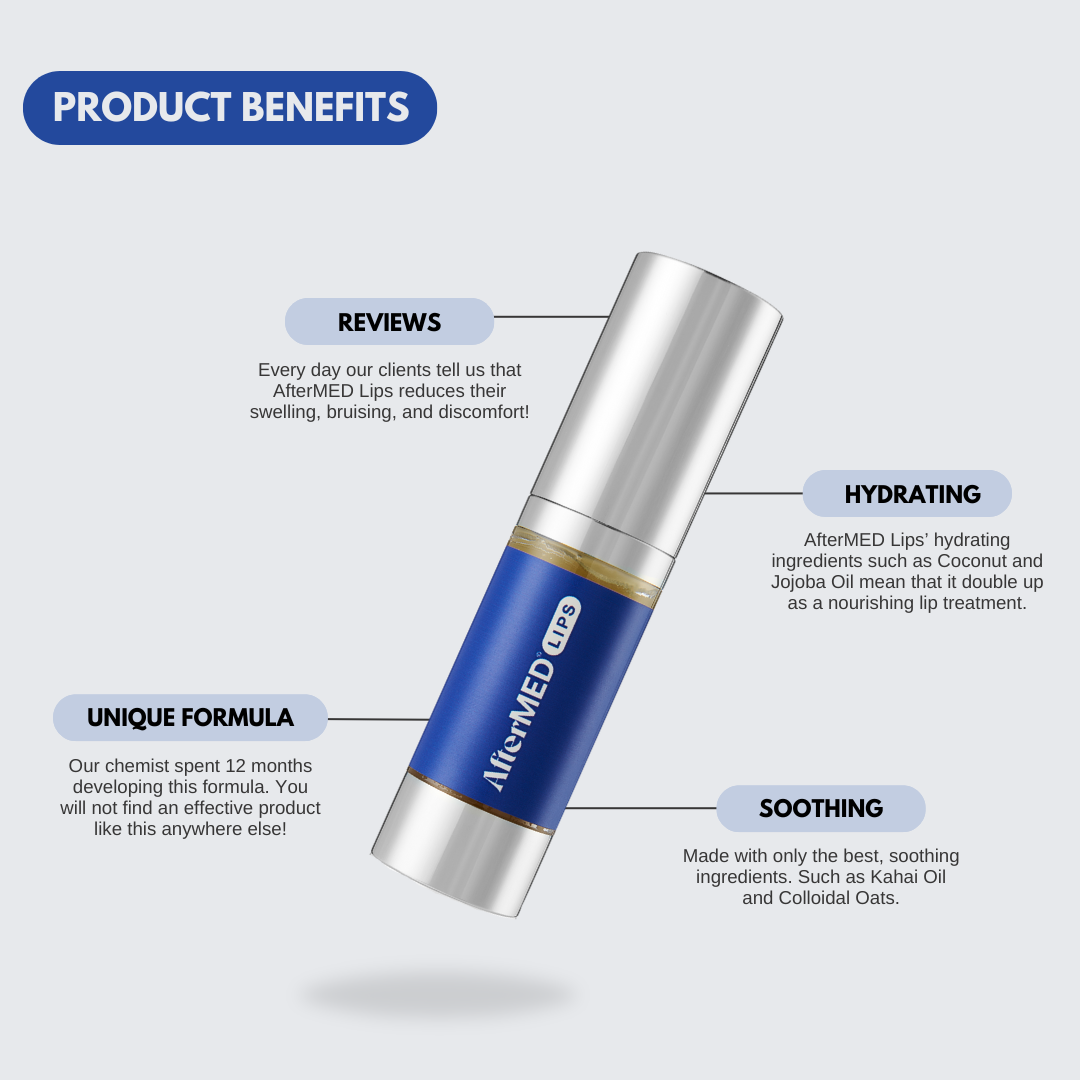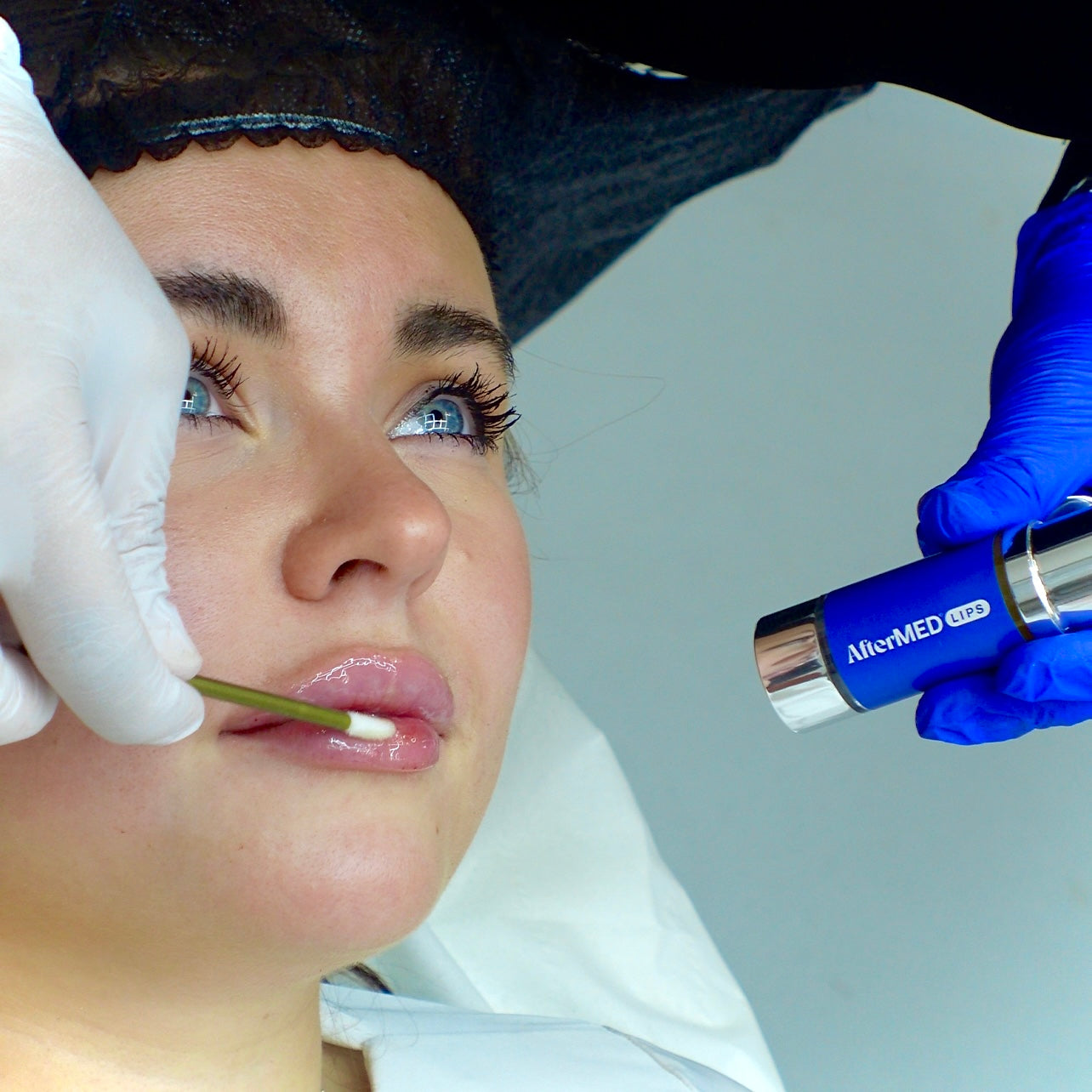
NMC 2025 Update: Face-to-Face Consultations Now Mandatory for Nurse Prescribers in UK Cosmetic Treatments
Important Regulatory Changes in the UK Aesthetics Industry: What You Need to Know
The UK aesthetics industry has recently undergone significant regulatory reforms that directly affect how treatments, particularly those involving prescription-only medications (POMs) such as anti-wrinkle injections (such as Botox), are administered. These changes are crucial for both practitioners and patients to understand, especially regarding remote prescribing practices and the role of non-prescribing injectors.
Ban on Remote Prescribing for Cosmetic Procedures
The Nursing and Midwifery Council (NMC), in partnership with the Joint Council for Cosmetic Practitioners (JCCP), has reinforced its stance that remote prescribing conducted by nurses and midwifes for non-surgical cosmetic procedures is no longer acceptable. This includes the remote prescribing of Botox, weight-loss injections, and emergency treatments such as hyaluronidase.

Key points of the updated guidance include:
Mandatory Face-to-Face Consultations
If prescriptions are being made by a nurse or midwife prescriber, they must now assess patients in person by the prescriber before any prescription-only treatments are issued. This ensures the patient’s suitability for treatment is properly evaluated, including their medical history and any potential contraindications.
Prescriber Accountability
The healthcare professional who prescribes the medication holds full responsibility for the patient’s care. If the administration is delegated, the prescriber must ensure that the practitioner is competent, trained, and appropriately supervised.
Patient-Specific Directions (PSDs)
Each treatment must be supported by a PSD that is specific to the individual patient. The reuse of previously prescribed medication for other patients without a new consultation and PSD is strictly prohibited.
Failure to comply with these regulations may result in regulatory action, including investigations, suspension, or removal from professional registers.
Impact on Non-Prescribing Injectors
Non-prescribing practitioners, such as aesthetic nurses or non-medic practitioners who do not hold a prescribing qualification, are particularly affected by these changes.
Previously, it was common for non-prescribers to obtain remote prescriptions from doctors or pharmacists. Under the new guidelines, this is no longer allowed. Prescriptions for treatments like Botox must now be issued only after a face-to-face consultation between the patient and the prescriber.
This means:
- Non-prescribers cannot legally administer anti-wrinkle injections unless the patient has first seen a qualified prescriber in person.
- Remote video consultations or phone calls between the patient and prescriber are not sufficient.
- Clinics must adjust their operating procedures to ensure compliance, such as scheduling in-person prescriber appointments prior to treatment.
This change is designed to protect patient safety and maintain professional accountability within the industry.

Upcoming Licensing Requirements
Alongside changes to prescribing practices, the UK government is also introducing a new licensing scheme under the Health and Care Act 2022. Practitioners will be required to:
- Hold a personal licence to carry out specific non-surgical cosmetic procedures.
Operate from a licensed premises that meets hygiene, safety, and professional standards.
This scheme is intended to ensure practitioners are properly trained, qualified, and insured, and that treatment environments are safe and regulated.
Conclusion
These new regulations mark a significant shift in the UK's aesthetics industry. Practitioners, especially non-prescribers, must adapt to stricter prescribing rules and prepare for upcoming licensing requirements. By doing so, the industry can move toward a safer, more accountable future, ensuring that all patients receive the highest standards of care.
Let us know your thoughts on this update in the comments below.
References
Nursing and Midwifery Council (NMC). (2024). Position Statement on Remote Prescribing in Cosmetic Practice. Retrieved from: https://www.nmc.org.uk
Joint Council for Cosmetic Practitioners (JCCP). (2024). Remote Prescribing is Unacceptable for Cosmetic Procedures. Retrieved from: https://www.jccp.org.uk/NewsEvent/remote-prescribing-is-unacceptable-for-cosmetic-procedures
Aesthetics Journal. (2024). NMC Cracks Down on Remote Prescribing for Cosmetic Treatments. Retrieved from: https://aestheticsjournal.com/news/nmc-cracks-down-on-remote-prescribing-cosmetic-treatments
UK Government. (2023). Licensing of Non-Surgical Cosmetic Procedures in England – Consultation Outcome. Retrieved from: https://www.gov.uk/government/consultations/licensing-of-non-surgical-cosmetic-procedures






Leave a comment
This site is protected by hCaptcha and the hCaptcha Privacy Policy and Terms of Service apply.